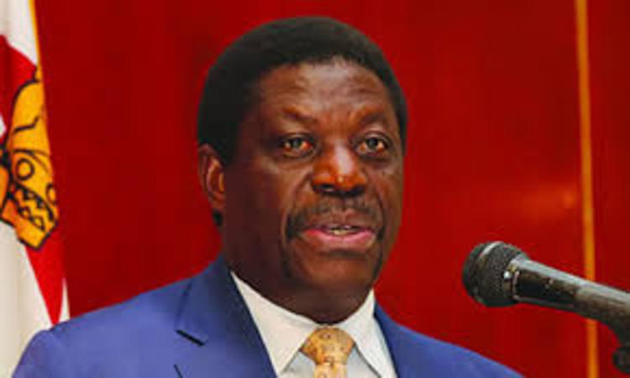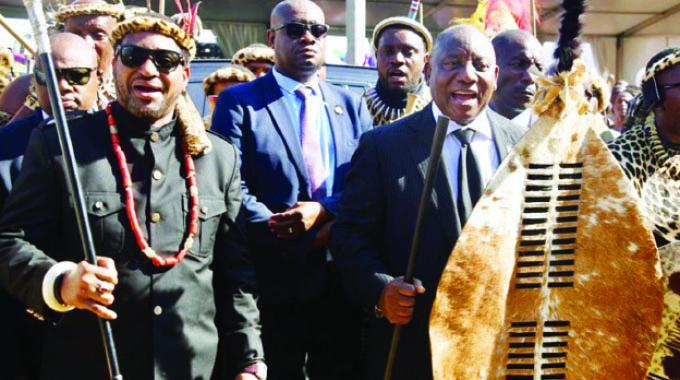SA abstains on UN gay vote

 JOHANNESBURG — In a vote that surprised many, South Africa abstained in a key vote in the UN Human Rights Council to appoint an independent watchdog on sexual orientation.
JOHANNESBURG — In a vote that surprised many, South Africa abstained in a key vote in the UN Human Rights Council to appoint an independent watchdog on sexual orientation.
The resolution passed with 23 votes for, 18 against, and 6 abstentions last Thursday. No African country voted in favour of it.
It establishes an independent expert on protection against violence and discrimination based on sexual orientation and gender identity for the next three years.
The expert will report annually to the Human Rights Council and General Assembly on best practices to minimise sexual orientation and gender identity discrimination. It will work with states, UN agencies, and other organisations. Chile, Uruguay, Mexico, and Brazil introduced and spoke for the resolution.
Other abstentions included Botswana, Ghana and Namibia.
Of the African countries included in the vote, Burundi, Cote d’Ivoire, Ethiopia, Kenya, Nigeria and Morocco voted against.
In 1996, SA became the first country to enshrine gay rights in its Constitution. The Constitutional Court has consistently ruled that any form of discrimination based on sexual identity, whether by the government or a private entity, is unconstitutional. Consequently, SA is viewed as the most progressive African country on gay issues.
Internationally, SA has taken leadership in calling for global acceptance of gay rights.
In 2011, its leadership was considered critical to passing a Human Rights Council resolution to recognise gay rights as human rights.
SA has often faced serious criticism from other African bloc countries for its vocal support of gay rights. In response to its 2011 resolution, the Nigerian delegation said SA was “breaking in tradition of African group”.
In 2014, SA again led similar initiatives to recognise and study sexual orientation and gender identity initiatives.
The permanent representative to the UN at the time, ambassador Abdul Samad Minty, said SA was required by the “supreme law of our country to support a resolution that seeks to reduce discrimination and violence on any basis, including in this case, on the basis of sexual orientation or gendered identities”.
Before the official vote, South Africa’s delegate ambassador Nozipho Mxakato-Diseko stated that while SA believed no person should be discriminated against on any ground, the resolution itself was too divisive, unnecessary, and an “arrogant approach”.
In its abstention, SA is joined by Botswana, Ghana, India, Maldives, and the Philippines. Many countries that abstained or voted against the resolution cited concerns of national sovereignty and cultural differences. — Groundup.










Comments